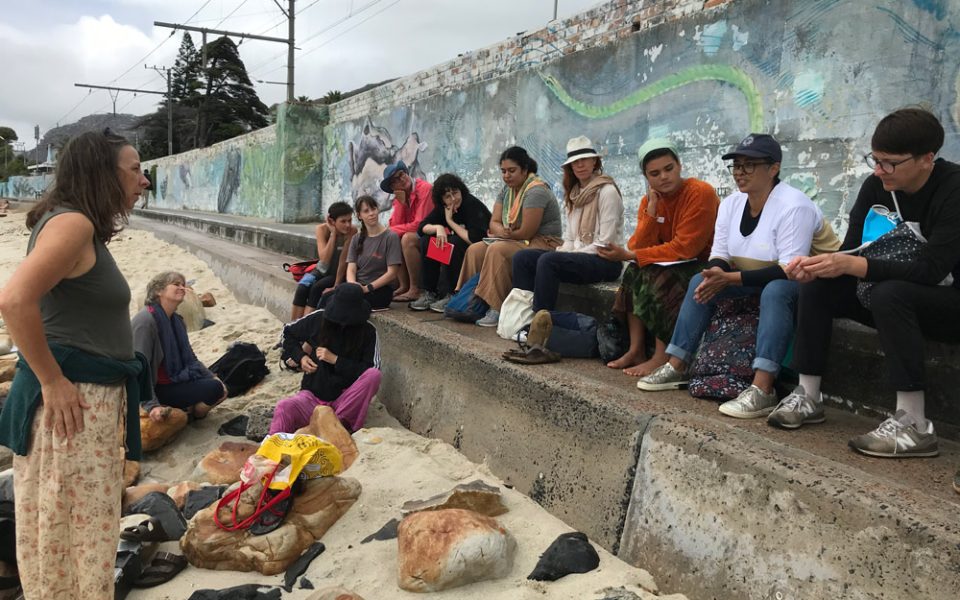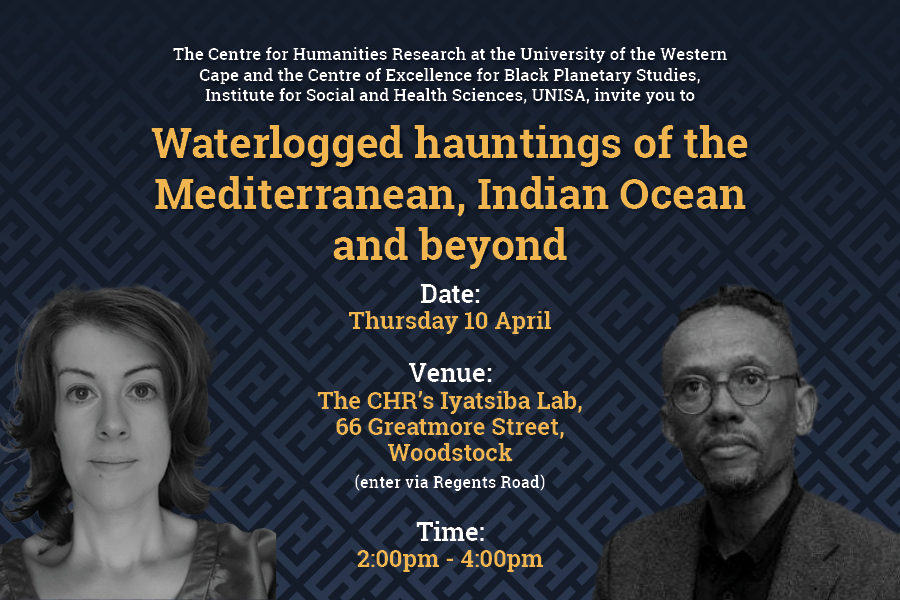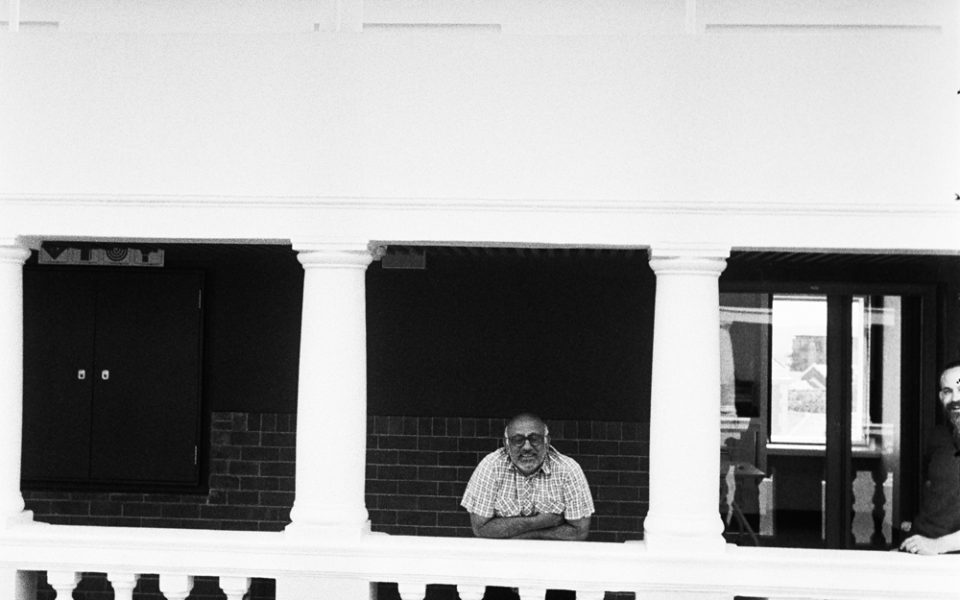Land Bonds

The South African Contemporary History and Humanities Seminar invites you to a presentation by doctoral candidate Tara Weinberg (University of Michigan).
Weinberg’s paper “Land Bonds: Law, credit and black land buyers’ visions for collective property ownership, 1912-1925” is the second chapter of her dissertation.
Chapter abstract
Under colonialism and apartheid, successive, white-run governments sought to actively exclude black South Africans’ land rights from legal recognition. For most of the 20th century, the South African state imposed a racialized legal division: chiefs and communal areas for black people; individual title deeds for whites. This chapter of my PhD thesis addresses how black farmers and lawyers in rural South Africa in the early 20th century developed imaginaries of collective property ownership that could offer an alternative to the narrow kinds of property law recognized by the state. The chapter draws upon my oral history interviews and research in both official and family archives. It examines the history of two communities in the former Transvaal where black farmers formed a company or ‘syndicate,’ with the help of lawyer Pixley ka Isaka Seme, to purchase land as a group prior to the 1913 Land Act: Daggakraal and Driefontein. In these places, farmers engaged with the concept of “undivided shares,” a form of collective landholding that carried some currency in official legal parlance while also providing the space for farmers to experiment with collective land tenure practices. A particularly vociferous debate about undivided vs. divided shares broke out in Daggakraal, where farmers contested Seme’s vision for an ideal black community founded on individual title deeds. The clashes between Seme and the buyers offer fascinating insights into the debates about property and law taking place amongst farmers in the early 20th century. Through the study of these collective land-holding schemes, this paper addresses broader questions of how marginalized people have grappled with issues of law, authority, and identity under conditions of oppression, and how they have imagined alternative property possibilities. It focuses on how black farmers tried to build property forms from the ground up, with an awareness of how broader systems of power and recognition, particularly in law, also exercised control.
29 March 2022, 14:00 (South Africa)
Discussant: Uma Dhupelia-Mesthrie, Department of History, UWC
Tara Weinberg is a PhD Candidate in the Department of History at the University of Michigan and also a visiting researcher this semester in the Department of History at UWC. Prior to the PhD, she worked as a researcher on land reform in the Land and Accountability Research Centre at the University of Cape Town.
This seminar (number 554 of the series) is co-hosted by the Department of History at UWC and the Centre for Humanities Research.




